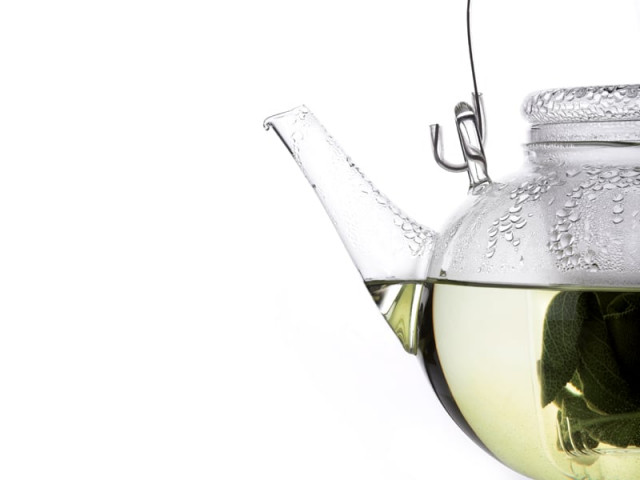Herbal tea during pregnancy – is it safe?
Ms T weighs in on the popular beverage and whether it is fit for consumption during pregnancy.

Ms T weighs in on the popular beverage and whether it is fit for consumption during pregnancy.
Keeping this national love affair with the beverage in mind, imagine what would happen if we had to stop drinking tea for some time, particularly if we are expecting and the pregnancy hormones and cravings are kicking in. We’d go crazy right? Well, lucky for us, we need not worry!
Herbal tea is a form of tea which is gaining increasing popularity across the world, owing to the countless benefits its ingredients have to offer. Herbal tea comprises of various herbs, spices and other plants immersed in hot water. These contain chemicals which are known to produce favourable effects on the human body. Ginger tea, for instance, contains an active chemical called Zingerone which calms nausea. Similarly, green tea is believed to contain anti-oxidants that cleanse the body. Unfortuanely, there is still some confusion regarding the suitability of herbal tea in times of pregnancy, with little research about its effects on a developing foetus.

Many supporters of alternative medicine say herbal tea is a great way to support pregnancy because it contains snutrients such as calcium, magnesium and iron. In addition to this, herbal tea is free from the evils of caffeine, which according to Dr Michael Roizen and Mehmet Oz (‘You: Having a Baby’) can cross the placenta and increase risk of miscarrying.
Most commercial brands of herbal teas are considered safe for consumption, the only exception being unbranded packets or teas with excess amounts of herbs in them. To tap into this market, some international brands have also launched special lines of ‘pregnancy teas’ comprised of herbs considered good for the prenatal period. Red raspberries, for instance, prevent pregnancy-related complications like preterm labour and postpartum bleeding and also reduce labour hours. Similarly, peppermint tea is used worldwide to counter morning sickness and nausea. Chamomile is rich in calcium and copes not only with insomnia but also inflammation of joints. In her book ‘What to Expect When Expecting,’ Heidi Murkoff recommends ginger in any form during pregnancy, be it ginger tea or food containing it.
“As long as the ingredients of the tea, the herbs, are known, accepted and eaten as safe foods, there should be nothing to worry about,” says local gynaecologist Azra Ahsen. “Just make sure they are not random or toxic. Best to stick to everyday herbs that one has been consuming as part of their diet before pregnancy, such as ginger or peppermint tea.”
The problem is the lack of evidence in support of herbal tea and its impact, if any, on a developing foetus. There is not enough research done on the subject, despite some varied reports of problems caused by green tea during the first and second trimesters and the research that has been done tested just a few herbs. For instance, many midwives use raspberry leaves to ease delivery but its effectiveness has never really been proven. Considering the numerous advantages of these natural ingredients, it would be safe to give most herbal tea the green light for pregnant women but gynaecologist Sumbul Sohail remains skeptical. “The thing is, even gynaecologists are not really familiar with herbs or their properties so we cannot prescribe herbal tea per se,” she admits. “Nonetheless, one should consult their gynaecologist and family doctor or a herbalist beforehand.”
It must be noted that herbs are much more concentrated in tea than in food so it is important to regulate one’s intake. Excessive amounts of anything can cause health problems, pregnancy or no pregnancy. Hence, if you do choose to drink herbal tea, make sure it is in moderation and your doctor knows beforehand. Also, be sure to check the ingredients listed on the tea packages and steer clear of anything that sounds unsafe or unfamiliar. And if you are brewing your own tea at home, never include any plant that you are less than 100% sure about.
Published in The Express Tribune, Ms T, October 20th, 2013.



















COMMENTS
Comments are moderated and generally will be posted if they are on-topic and not abusive.
For more information, please see our Comments FAQ